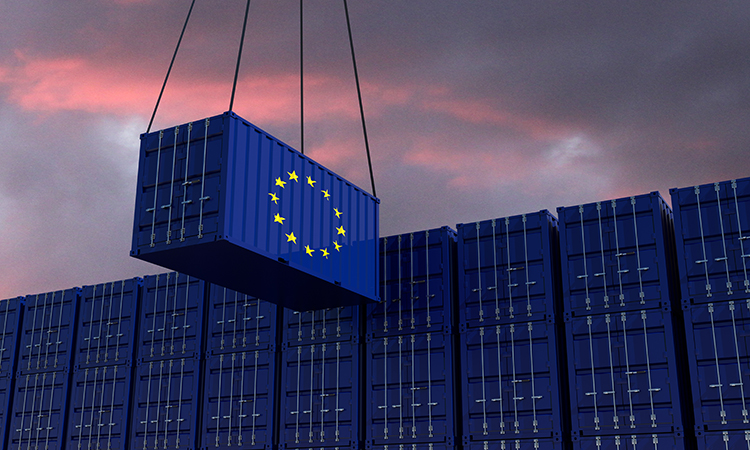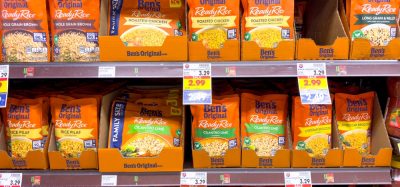Exports to the EU down 40.9 percent on February 2020, according to FDF
Posted: 26 April 2021 | Joshua Minchin (New Food) | No comments yet
The Food and Drink Federation’s (FDF) trade report for February makes for concerning reading for the food industry, as the dairy and meat sectors find themselves hardest hit.


The FDF's trade snapshot has revealed some quite large decreases in exports
The Food and Drink Federation (FDF) has released its UK-EU Food and Drink Trade Snapshot for February 2021, with some chastening results for certain sectors.
According to the FDF, total food and drink exports were down 21.3 percent, while exports to the EU were down 40.9 percent on the same period last year. According to the federation, the total decrease in exports to the EU were down £1.1 billion on February 2020’s figures, as food manufacturers adjust to a new way of doing business in a post-Brexit world.
Milk and cream exports were the hardest hit, with exports to the EU totalling just £0.9 million in first February 2021, compared to 24.2 million at the same at the same point last year (that’s a reduction of nearly 96.4 percent). Similarly, beef exports to the EU were down by £26 million, a decrease of 77.6 percent on last year’s figures.
In fact, out of the ten most popular products exported to the EU, only whisky saw a positive change, with a 9.3 percent growth recorded in February 2021 compared to he same period in 2020.
The fact that exports to the EU have decreased will not surprise many – there was plenty of confusion around legislation and paperwork in the early stages of 2021 as businesses adjusted to life after the UK left the trading bloc. Yet it will perhaps be the scale of the deficits that will shock most.
“While UK food and drink exports to the EU have improved from a 76 percent fall in January, they are still down nearly 41 percent in February 2021,” said Dominic Goudie, Head of International Trade at the FDF.
“Exports to our biggest market, Ireland, have also dropped more than two thirds. UK businesses continue to struggle with inconsistent and incorrect demands at EU borders, and small businesses have been hardest hit due to the collapse of groupage distribution into the EU.
“New EU import requirements for composite products entered into force this week, adding even greater complexity, cost and uncertainty for UK exporters. It is essential that the EU-UK Partnership Council and its Trade Specialised Committees are convened to urgently address problems with the implementation of the EU-UK Trade and Cooperation Agreement to ensure small businesses are not shut out of trade by this trade deal,” he added.
Related topics
Research & development, retail, Supply chain, Trade & Economy









